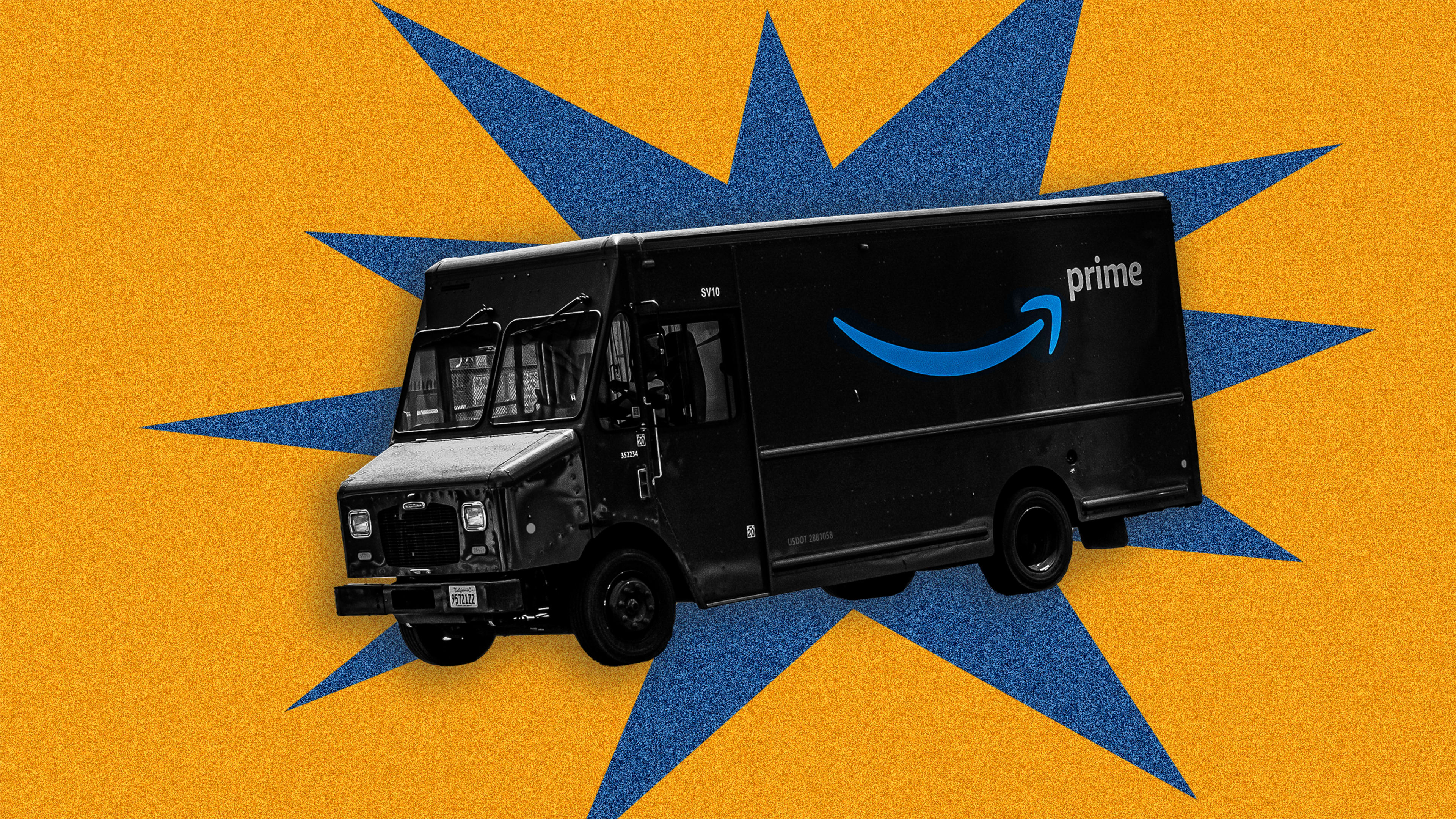The clock is ticking for e-commerce giant Amazon, as the Federal Trade Commission is reportedly preparing an antitrust lawsuit against the online retailer for being too powerful across too many areas.
This week, Politico reported that the FTC could launch a lawsuit against Amazon as early as August that could break up the $1.3 trillion company. Although the suit is still being finalized, it’s likely to focus at least in part on Amazon rules that the FTC says block lower prices on competitors’ platforms, and require sellers to use the retailer’s built-in infrastructure service, Fulfillment By Amazon, to get preferential treatment on the platform.
Amazon currently accounts for nearly 40% of all U.S. retail e-commerce sales in the U.S., according to market research firm Insider Intelligence. “That is of course a long way away from ‘monopoly’ status,” says Dan Barker, an e-commerce expert, “but theoretically the FTC is interested in organizations in the process of ‘acquiring’ monopoly power through what they perceive to be improper means, as well as those who they deem to already have monopoly power, and to be maintaining it unfairly.” (Amazon didn’t respond to Fast Company’s request for comment.)
That could be worrying, the FTC seems to suggest, because of the primacy of Prime delivery services on Amazon. “Issue one was the advantage using Amazon’s own fulfillment systems gave you, and the disadvantage it gave you if you used another fulfillment partner,” says Barker. “As a seller, in order to qualify for your products to be available through Amazon Prime, at one stage you were required to use Amazon’s own fulfillment services.”
Recognize your brand’s excellence by applying to this year’s Brands That Matter Awards before the final deadline, June 7.
Sign up for Brands That Matter notifications here.
